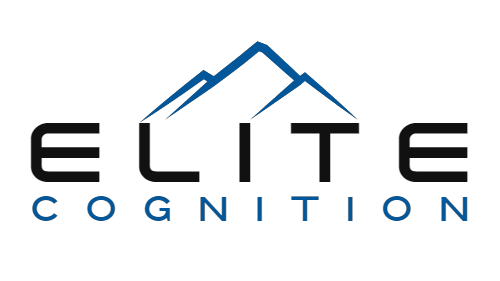At the age of 21, I experienced multiple accidents that resulted in brain damage. I put my fist through walls, couldn’t form new memories, and my ability to focus and think clearly was erased. I was bed-ridden for months due to horrible migraines, vision disturbances, and vertigo. I was no longer who or what I used to be. I hadn’t only lost many of my mental faculties, I lost my identity.
During this time, my college basketball coach forced me to see a counselor to help me cope. I was reluctant and cynical. At the core I was still that 21-year-old arrogant athlete. The counselor recommended I explore mental training and after an eye roll and with great skepticism I proceeded. Skepticism quickly transformed into passion. I experienced firsthand the incredible effectiveness of mental training tools and techniques. I poured myself into this new world. Excited to share this knowledge, I applied for a mental training job with the U.S. Army before I had completed graduate school. I was eager to do what I loved with those I most respected.
My journey in the world of applying performance psychology principles in high consequence arenas started in 2010 when I began working at Fort Liberty (then Fort Bragg) with Special Operations Forces (SOF). The SOF community appeared to believe in the concept of cognitive training, however, they rightfully criticized the execution. The ample feedback afforded my colleagues and I with a fruitful learning environment. The scrutiny fueled us to improve our capabilities and delivery methods so we could provide the highest quality performance training possible. Specifically, we focused on helping people acquire and apply mental training; we became more end-state/outcome oriented in the delivery of training; we synthesized concepts into more applicable content; we sought ways to make our training more concrete; and we kept our focus on the customer’s desired end-states and missions.
These hard-earned lessons were applied when we were provided opportunities to build multiple cognitive training programs for premier organizations. This approach earned us an incredible amount of trust and autonomy amongst our clientele. Their advocacy generated opportunities to try new things and refine our offerings with input from vested users. In many ways, our program’s development has been crowd-sourced and built. To the early adopters and skeptics who relentlessly made us better, we extend our appreciation for your contributions and in the words of Theodore Roosevelt, “The credit belongs to the person who is actually in the arena; whose face is marred by dust and sweat and blood who strives valiantly.”
After years of successful service delivery, we found ourselves at a crossroads of politics and budgets. Once again, the obstacle became the way. One solution remained, provide ample return on investment so that we are undeniably mission critical. Doubling down on our values and a commitment to excellence, we rebuilt our program integrating additional lessons learned with a renewed perspective. With years of focus dedicated to sustaining a successful program within a premier organization, we became siloed. We believed all organizations and people operating in high consequence arenas deserved to have this life-changing capability.
Today, our goal is to expand the Elite Cognition capability while staying aligned with our core mission and values. We commit to delivering top tier human optimization solutions with integrity, humility, and excellence so our clients can achieve peak performance while leading a fulfilling life. Accordingly, we ensure each course is taught by field-tested experts with great character who have been called to serve others. Further, we continue to diligently research and test novel approaches and techniques ensuring we deliver the most current evidence-based and field-tested curriculum and training methodologies.
Elite Cognition was born from obstacles morphing into opportunities and a deep passion for helping people and organizations fulfill their highest potential in both their character and competence. When I reflect on this purpose, I remember the note my coach put in my locker after my head injuries; it read, “One day you will find something to put all your passion towards.” Today, I can luckily say I have.
With Gratitude to the Giants Whose Shoulders We Stand Upon,
Brittany S. Loney, Ph.D.


